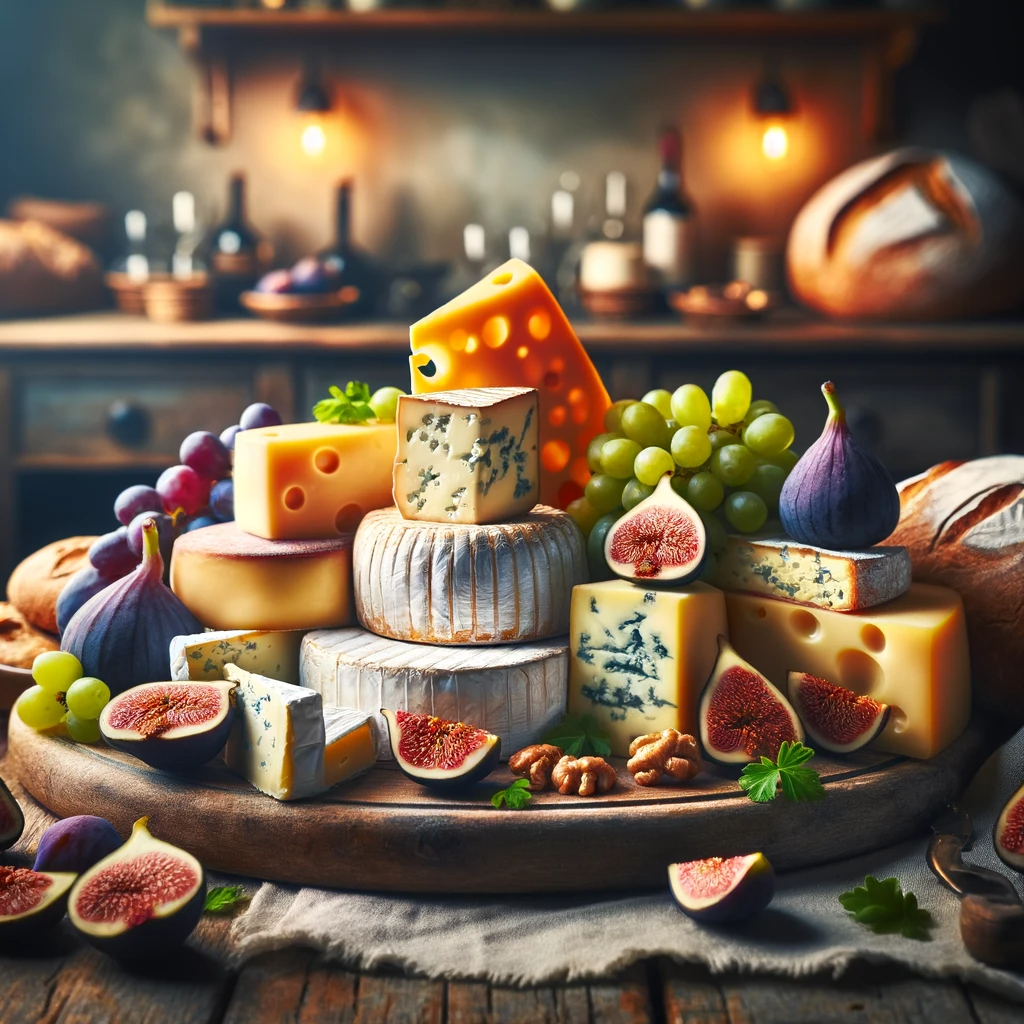Sustainability is a critical concern in today’s world, and it extends to various aspects of our lives, including the food we consume. Cheese, a beloved dairy product enjoyed globally, is no exception. The production of cheese involves several ingredients and processes that can have environmental implications. In this article, we will explore the concept of sustainability in cheese production, highlighting the eco-friendly choices you can make when it comes to cheese ingredients.
The Environmental Impact of Cheese Production
Cheese production, like many other food industries, has a significant environmental footprint. Here are some key areas where cheese production can impact the environment:
1. Milk Sourcing
- Choose Local and Organic: Opt for cheeses made from locally sourced and organic milk. This reduces the carbon footprint associated with transportation and promotes sustainable farming practices.
- Grass-Fed Cows: Look for cheeses made from milk sourced from grass-fed cows. These cows typically have a lower impact on the environment compared to grain-fed counterparts.
2. Cheese Culture and Rennet
- Natural Cultures: Seek out cheeses that use natural cultures for fermentation. This reduces the reliance on synthetic additives and promotes a more sustainable cheese-making process.
- Vegetarian Rennet: Check if the cheese is made using vegetarian rennet. Traditional rennet is often sourced from the stomach lining of calves, but vegetarian alternatives are available, reducing animal exploitation.
3. Packaging
- Minimal Packaging: Choose cheeses with minimal or eco-friendly packaging. Excessive packaging contributes to plastic waste and other environmental issues.
- Recyclable Materials: Look for cheeses packaged in recyclable or biodegradable materials to reduce the impact of packaging waste.
Sustainable Cheese Alternatives
Besides making eco-conscious choices within traditional cheese options, there are also sustainable cheese alternatives to consider:
1. Plant-Based Cheese
- Diverse Options: Plant-based cheeses made from ingredients like nuts, soy, or peas offer a sustainable alternative to traditional dairy cheeses.
- Lower Carbon Footprint: The production of plant-based cheeses generally has a lower carbon footprint and uses fewer natural resources compared to dairy cheese.
- Vegan-Friendly: Plant-based cheeses are suitable for vegans and vegetarians, contributing to a more ethical food system.
2. Upcycled Cheese
- Reduce Food Waste: Upcycled cheeses are made from surplus or “ugly” produce that would otherwise go to waste. Choosing these products helps reduce food waste.
- Innovative Flavors: Many upcycled cheeses offer unique and innovative flavors, adding variety to your cheeseboard.
Supporting Sustainable Cheese Producers
In addition to choosing sustainable cheese options, consider supporting cheese producers committed to eco-friendly practices:
- Research: Take the time to research cheese brands and producers that prioritize sustainability and ethical production methods.
- Local Cheese Makers: Support local cheese makers who often have a smaller environmental footprint due to reduced transportation.
- Certifications: Look for certifications such as organic, Fair Trade, or animal welfare labels to ensure your cheese aligns with your sustainability values.
Conclusion
As consumers, we have the power to make environmentally conscious choices, even when it comes to our favorite dairy products like cheese. By considering the sourcing of ingredients, production methods, packaging, and exploring sustainable alternatives, we can contribute to a more eco-friendly cheese industry. Make informed decisions and savor your cheese guilt-free, knowing that you are doing your part in promoting sustainability in the food industry.
